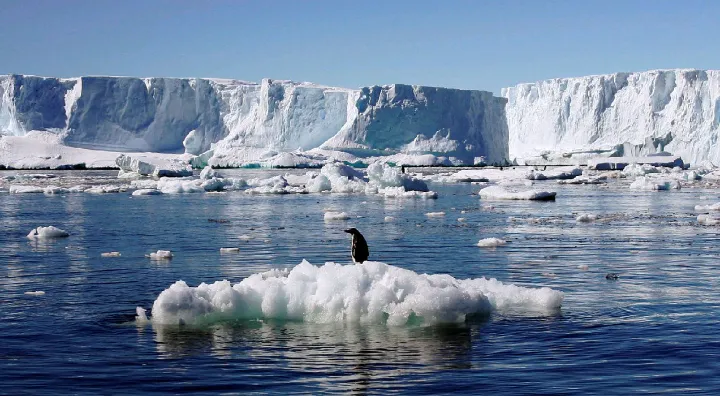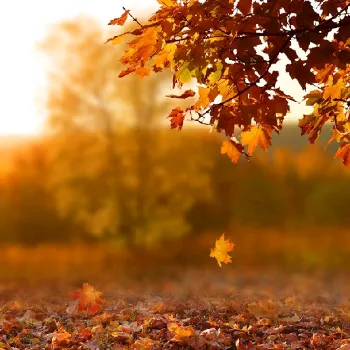The melting ice...not just a sight!
#globalwarming
It's a known fact that simplicity is often very appealing and has got so much to explore. So is the case with Antarctica. Its simple ecosystem and lack of biodiversity makes it an ideal place to study environmental factors that worsen over time and take the shape of global warming.
From being isolated from the rest of the world to accounting for rise in sea level by melting of its glaciers and causing disasters elsewhere, Antarctica has been a place that displays Earth's past, present and future.
The region is the coldest, driest and windiest continent in the world, so...
It's a known fact that simplicity is often very appealing and has got so much to explore. So is the case with Antarctica. Its simple ecosystem and lack of biodiversity makes it an ideal place to study environmental factors that worsen over time and take the shape of global warming.
From being isolated from the rest of the world to accounting for rise in sea level by melting of its glaciers and causing disasters elsewhere, Antarctica has been a place that displays Earth's past, present and future.
The region is the coldest, driest and windiest continent in the world, so...




